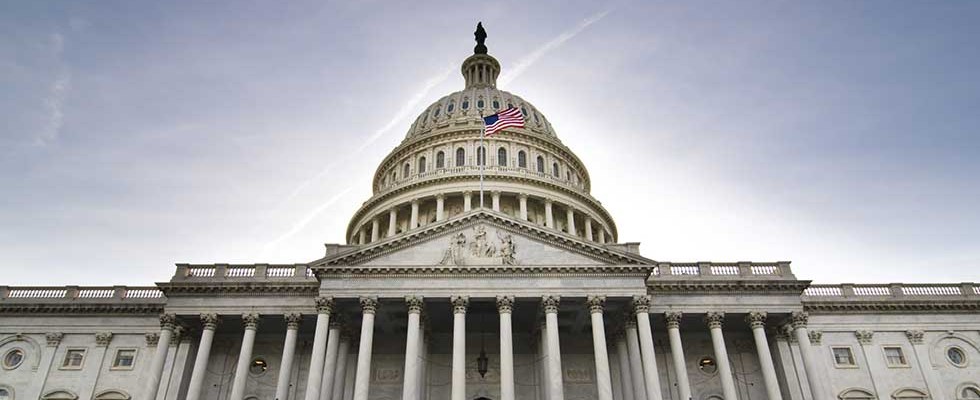
In December 2020, Congress passed the Beneficiary Enrollment Notification and Eligibility Simplification (BENES) Act as part of the Consolidated Appropriations Act. The legislation updated Medicare enrollment rules to eliminate the months-long gap in coverage some beneficiaries encounter after they sign up for a new plan. It also included provisions for education around the Medicare enrollment process. The provisions of the BENES Act go into effect Jan. 1, 2023.
Health care groups lauded the BENES Act, but some felt it did not go far enough. Enter BENES 2.0.
While the original BENES Act includes a process by which the Centers for Medicare & Medicaid Services (CMS) should notify people approaching enrollment age of their options, that new procedure does not notify new enrollees of lifetime late enrollment penalties (LEPs) if they fail to apply for Part B coverage during the seven-month period surrounding their 65th birthday.
Many people don’t realize they must make a coverage decision in that timeframe, supporters said, even if they are still working and covered by an employer-sponsored health plan. BENES 2.0 would require CMS to provide clear explanations on Medicare benefit eligibility, information on LEPs, coordination of benefits and resources available for further assistance. This information is to be included on Social Security Account statements for those age 60 to 65.
The bill currently has nine Senate co-sponsors and is in the Finance Committee.
From the Sponsors:
“Medicare is one of America’s greatest success stories, but we need to make sure people can make the most of the Medicare benefits they have earned. That’s why I introduced the bipartisan BENES 2.0 Act to ensure that fewer people miss the deadline to enroll, which can lead to costly lifelong penalties.”—Sen. Bob Casey (D-Pennsylvania)
“Currently, seniors who miss the sign-up deadline for Medicare Part B face onerous penalties that persist for the rest of their lives. The BENES 2.0 Act will ensure individuals have access to the information necessary to make more informed decisions as they approach Medicare eligibility.”—Sen. Todd Young (R-Indiana)
Did you know?
In 2020, 776,000 people with Part B coverage were paying LEPs, resulting in a 27% increase to their monthly premium.
What happens next?
If passed, the act would empower people approaching Medicare eligibility to make optimal coverage choices.
Track this bill here.
Kristin Easterling is managing editor of HomeCare magazine and digital media.
